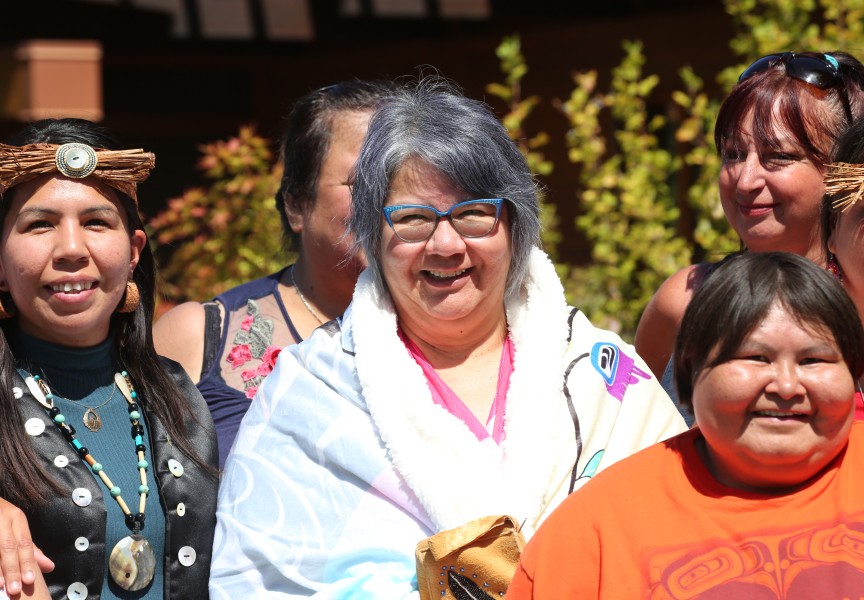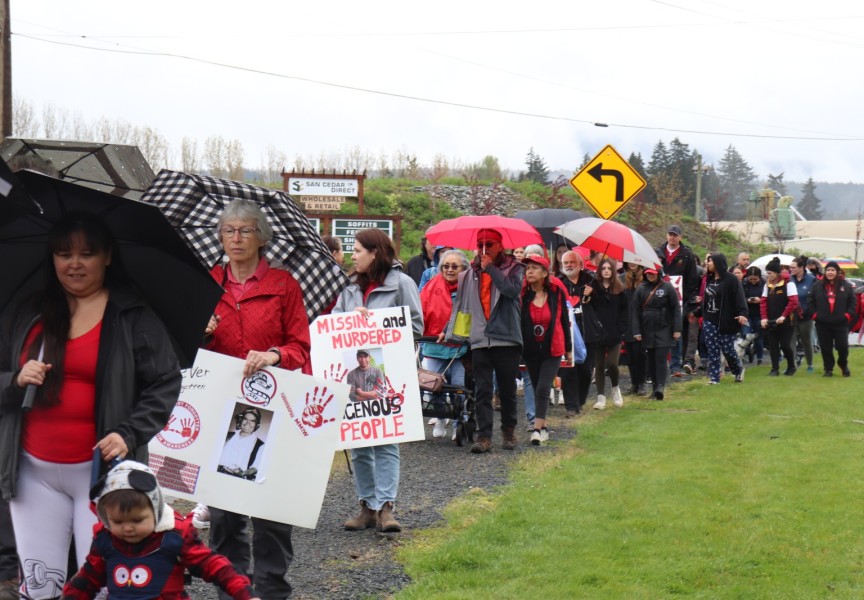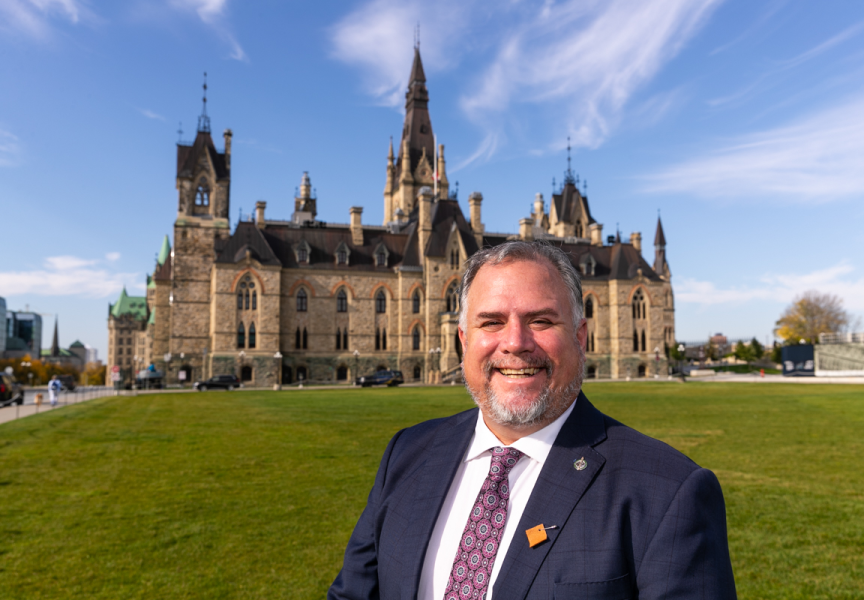A letter addressed to Gail Shea, minister of Fisheries and Oceans Canada, says the Herring Industry Advisory Board is being controlled by corporate interests at the cost of independent commercial fishermen.
The letter, dated April 9, says the “consensus advice” that the government thinks it is getting from a broad range of stakeholders, is in fact advice from only one or two corporations that control the licenses and these corporations have stacked the HIAB with their own representatives.
The letter comes from the United Fishermen & Allied Workers’ Union (UFAWU/Unifor) through President Kim Olsen and asks “in reality, whose interest does HIAB represent?”
The Terms of Reference for HIAB put 5 elected seine, 5 elect gillnet, 4 unelected processors, and 1 HCRS representative on the membership. When one company owns some 226 herring licenses and controls a good deal more and independent fishermen own on average 1 or 2 licences each, who is electing the seine and gillnet representatives?
“When almost every herring processor of any size has been consolidated under one company, what interests do the 4 processor members represent? It appears that one interest dominates HIAB…. When one corporate shareholder gets 226 votes to elect advisory members, this is not democracy and this is exactly the concern fishermen are raising.”
The letter says the situation doesn’t lend itself to good governance with inclusive and transparent decision-making. Olsen writes that coastal communities, First Nations and active independent fishermen’s interests have been trampled to the point that their financial viability in a billion dollar industry is in serious question.
Last summer, when DFO consulted with HIAB on a more inclusive advisory, to build collaborative understanding with First Nations, the HIAB refused, the letter reads. Olsen said it was because HIAB would no longer be able to fully control the advice given to government. HIAB had also threatened to take First Nations to court over last year’s injunction, writes Olsen.
“The UFAWU-Unifor has been at HIAB meetings when independent fishermen have walked out because there was no consensus, yet the processors forced an issue anyways and passed it, because it was in the processors best interest, but in fact was not in the fishermen’s best interest.
Olsen said in closing that there was no consensus advice on managing herring.
“When we stop pretending there is, we can start the process of building it.”






